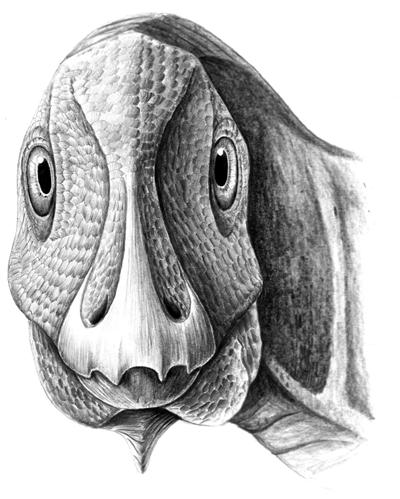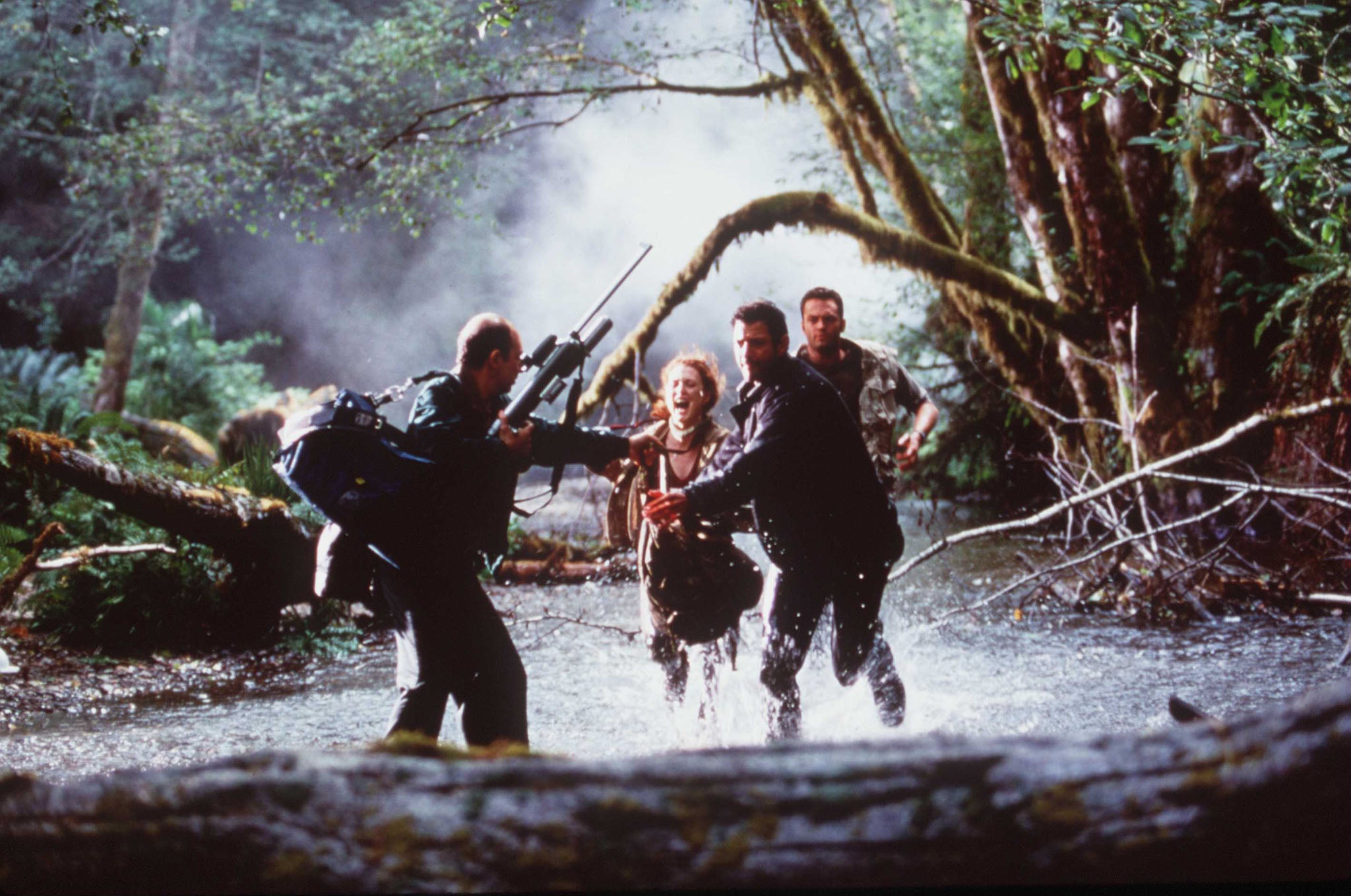Scientists believe dinosaur fossils could hold the key to new cancer discoveries and influence future treatments for humans.
A decade-long study published in the journal Biology by researchers from Anglia Ruskin University (ARU) and Imperial College London has identified preserved red blood cell-like structures in a dinosaur fossil.
The findings raised the possibility that prehistoric creatures could be used to study ancient tumours, helping to complete the “jigsaw” of cancer’s molecular building blocks, and potentially influencing future treatments for humans.
Professor Justin Stebbing, an oncologist at ARU, said the idea for the study began in 2016 after reading an article about the discovery of a new fossil in Romania with a tumour in its jaw.
The remains were those of a Telmatosaurus transsylvanicus, a duck-billed, plant-eating “marsh lizard”, a specimen that had lived between 66-70 million years ago in the Hateg Basin in present-day Romania.

“Justin said, guys, I want to go and get this tumour and see what we can get out of it,” Dr Biancastella Cereser, a cancer specialist at Imperial, said.
“We wanted to see if this tumour in the dinosaur could give us any information about any parallel with human cancers, because the tumour that this dinosaur had was an ameloblastoma, a benign tumour in the jaw, which humans have as well.”
From 2017, a team was put together, including three scientists who traditionally work on human cancers – Professor Stebbing, Dr Cereser, and Professor Pramodh Chandrasinghe from the University of Kelaniya in Sri Lanka.
“We contacted the town in Romania, which was very excited to loan us the fossil,” Dr Cereser said.
“We went to Romania and collected the specimen. We brought it back, and we basically drilled into it with a very, very, very fine drill.
“Then we mounted it into this very sophisticated microscope and imaged it. What we saw inside – there were some structures, some forms, that looked like blood cells.”
This Scanning Electron Microscopy (SEM) technique enabled the researchers to identify low-density structures resembling erythrocytes, or red blood cells, in the fossilised bone.

“Up until recently, the fossil record and finding ancient things was really interesting for finding hard things like shells or skeletons to assess tissues,” Professor Stebbing said.
“But if we’re trying to look at the building blocks of life or the building blocks of cancer, to understand cancer better, what we found was you can actually as well as seeing the skeleton, we can actually see soft tissue as well.
“We could actually see like the flesh of the cancer. This means we can look at cancer not only occurring in human or in animal models, but we can look at it tens and tens of millions of years ago.
“It helps us understand the role of environment on cancer.”
He continued: “Jurassic Park isn’t right, because what they said is dinosaur DNA could be recovered and cloned to resurrect dinosaurs, but we can’t get DNA out of this because it’s broken down by weathering and time.
“But what we have found is that we’ve actually found proteins in soft tissues can survive over time.
“All we’re trying to understand is the molecular building blocks of cancer from a very, very ancient perspective.
“If we can understand cancer better, we can come up with better treatments. I do a lot of research in cancer, so, you know, it all comes together. It’s just part of a jigsaw that you are trying to build.”



